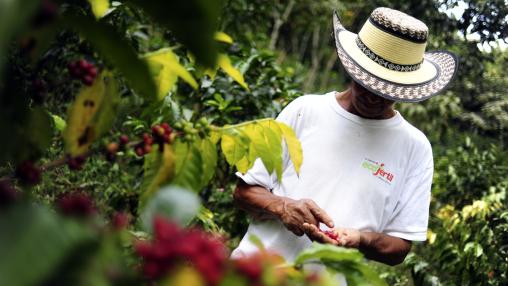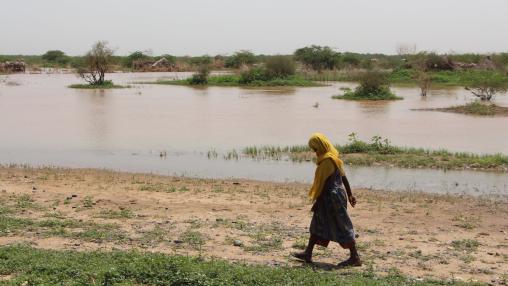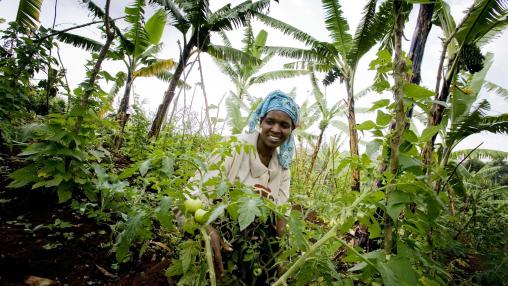
Re-Examining Financing for Food Security: 2024 SOFI Report Released
As the world edges closer to the 2030 Sustainable Development Goal deadline, progress on achieving Zero Hunger has stalled, according to the FAO’s 2024 flagship report, The State of Food Security and Nutrition in the World.
As many as 757 million people may have experienced hunger in 2023, while 2.33 billion experienced moderate or severe food insecurity. In 2022, as many as 2.8 billion were not able to afford a nutritious diet. The situation is particularly dire in low-income countries, especially for rural populations, women, youth, and Indigenous Peoples.

122 Million More People Were Hungry in 2022: 2023 SOFI Report Released
The number of people facing hunger around the world has increased by more than 122 million from 2019, according to the newly released annual State of Food Security and Nutrition in the World (SOFI) report, , a joint publication by the UN Food and Agriculture Organization (FAO), International Fund for Agricultural Development (IFAD), UNICEF, World Food Programme, and World Health Organization (WHO).

What Is the Investment Needed to End Chronic Hunger?
In 2019, an estimated 690 million people around the world were undernourished, and nearly 3 billion people were unable to afford healthy diets. The world has the potential to make significant progress in reducing those numbers by 2030 – with the right investments.

The world is not on track to end hunger: 2021 SOFI report released
Our window of opportunity for achieving SDG 2 — eradicating hunger and malnutrition and ensuring access to safe, nutritious, and sufficient food for all by 2030 — is closing rapidly. However, far from moving closer to that goal, the world has seen a resurgence of hunger and food insecurity.

A first look at the 2021 State of Food Security and Nutrition in the World (SOFI) Report: ending hunger by 2030 remains a challenge
According the 2021 State of Food Security and Nutrition in the World (SOFI) Report released today, we are not on track to achieve the goal of ending global hunger by 2030 (SDG2). The compounding effects of COVID-19 coupled with drivers of food insecurity – conflicts, climate change and economic slowdowns and downturns – have further swerved us from the path.
2021 State of Food Security and Nutrition in the World Report (SOFI)
The State of Food Security and Nutrition in the World is an annual flagship publication series part of the State of the World series of the Food and Agriculture Organization of the United Nations. The report monitors progress towards globally agreed food security and nutrition targets, presenting and analyzing global, regional and country-level trends, and providing in-depth analyses on emerging issues to inform decision making and contribute to the achievement of ending hunger, food insecurity and malnutrition in all its forms.